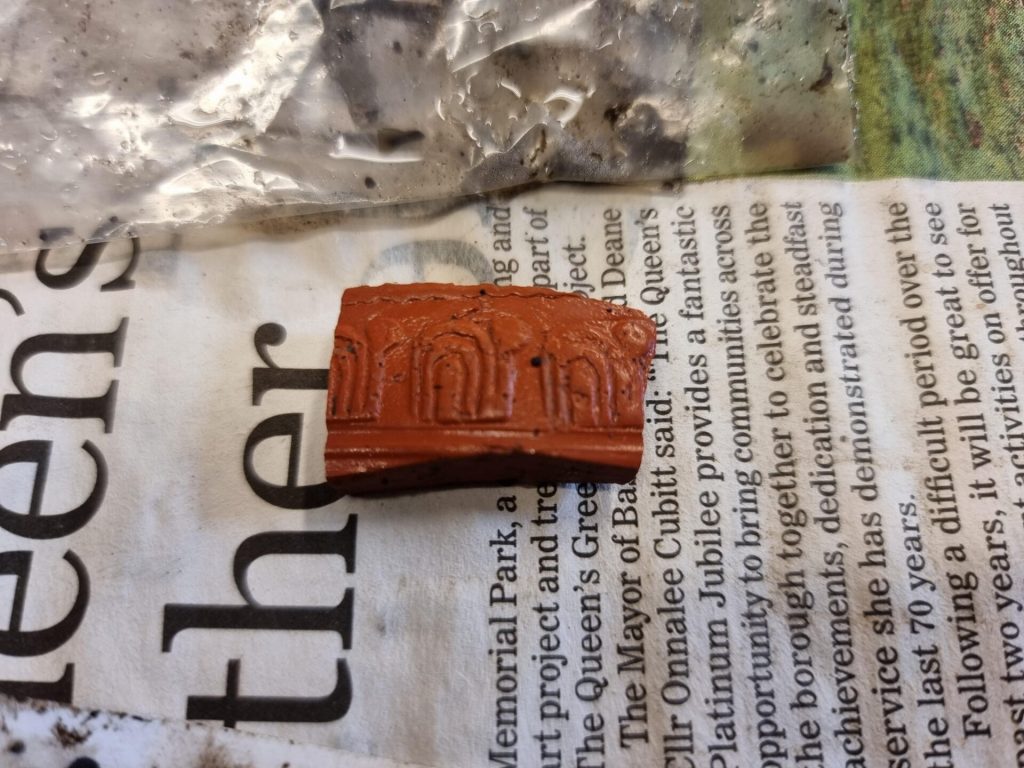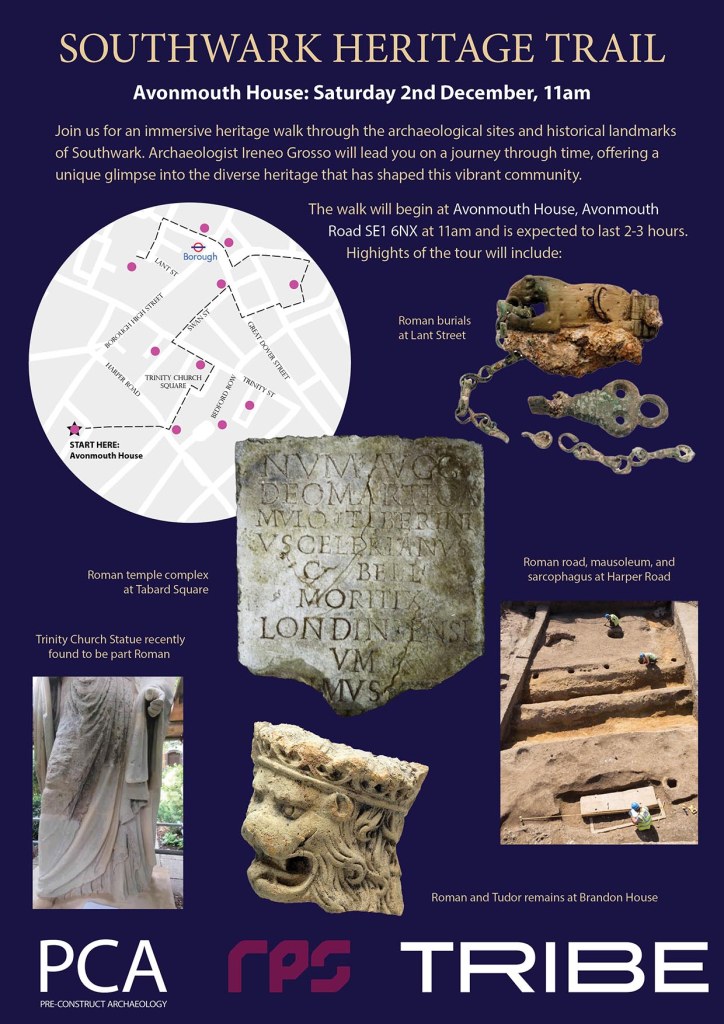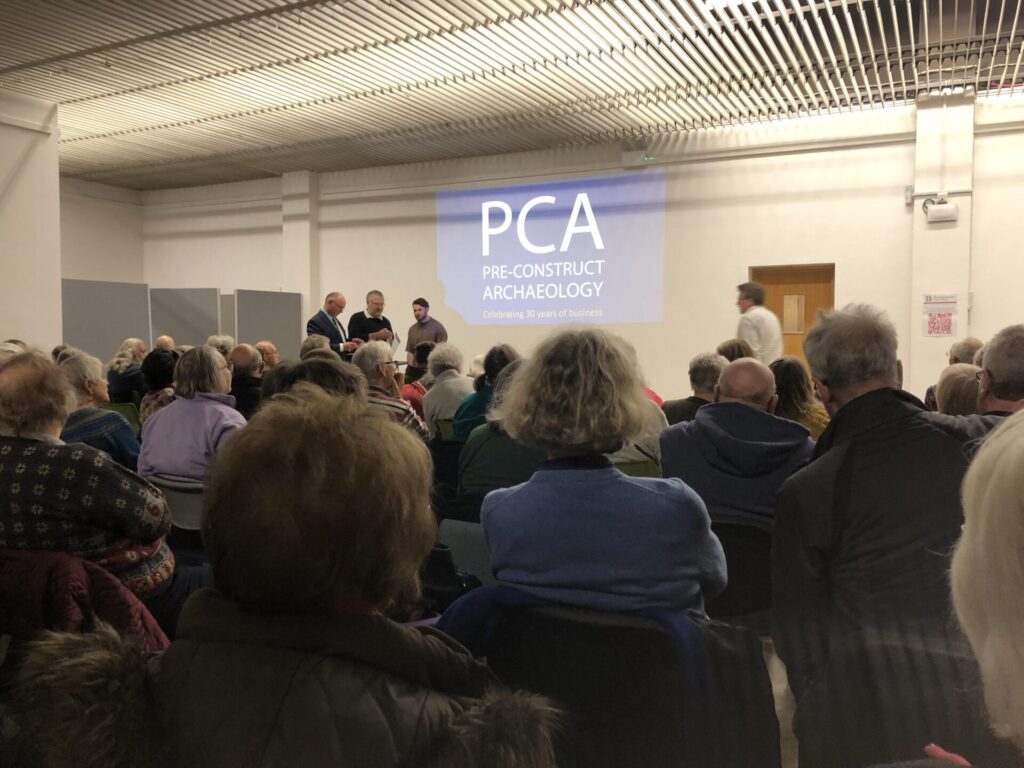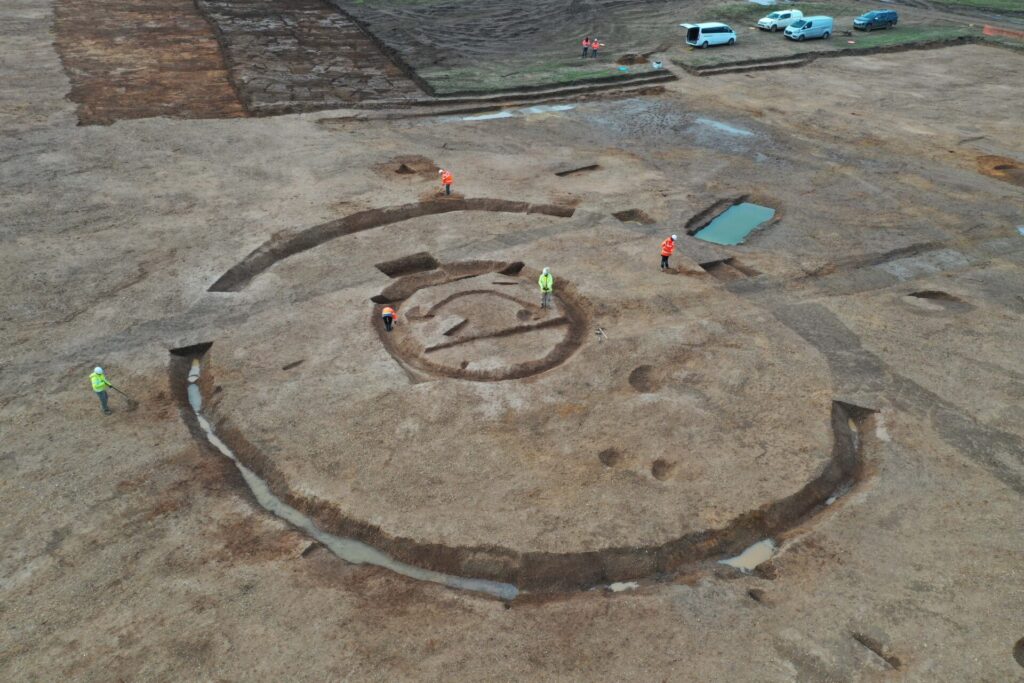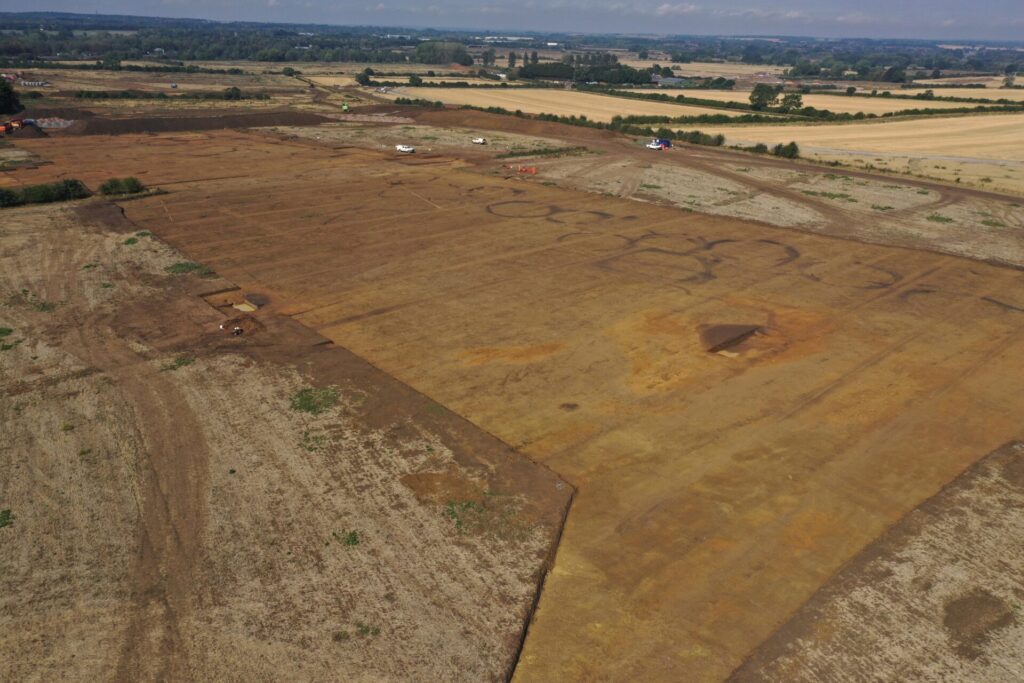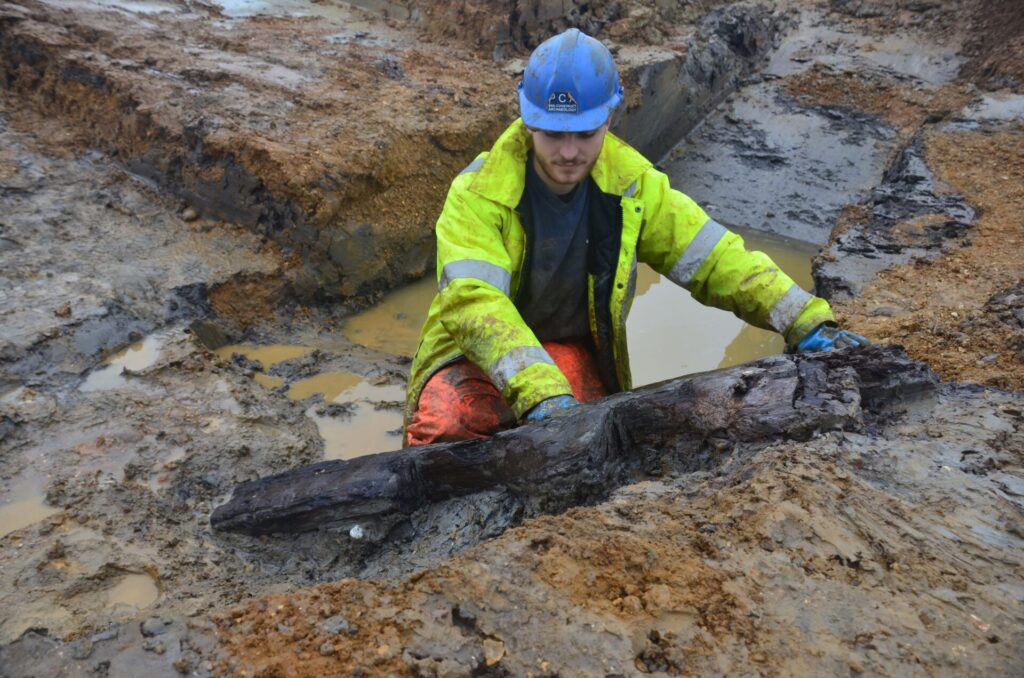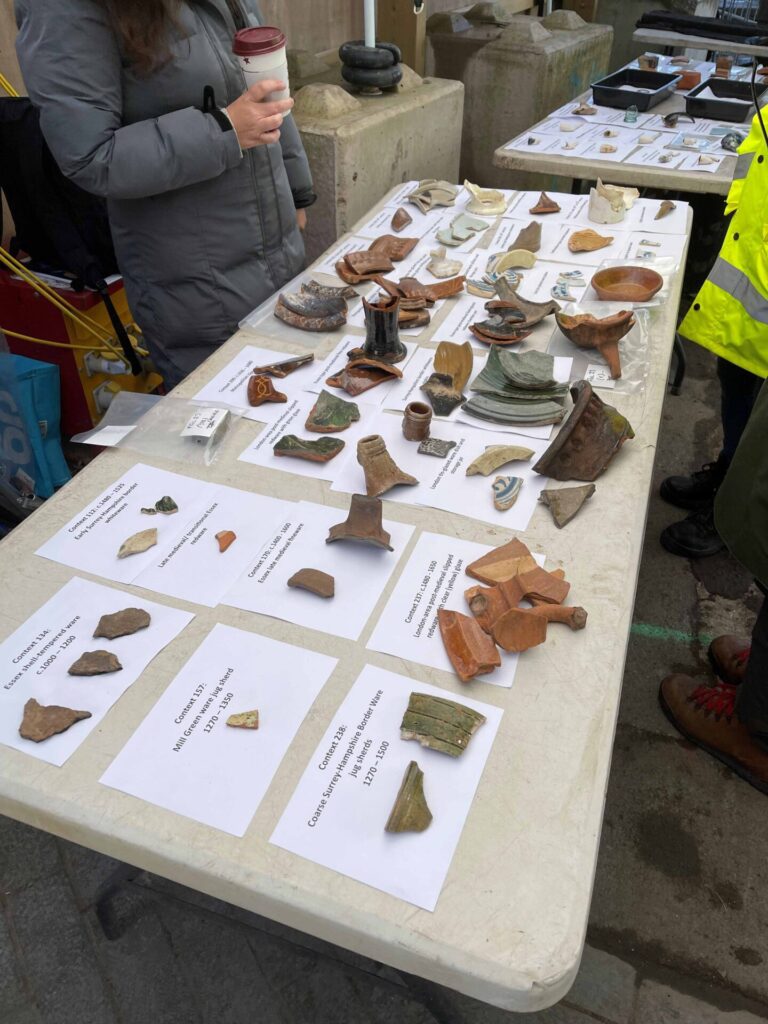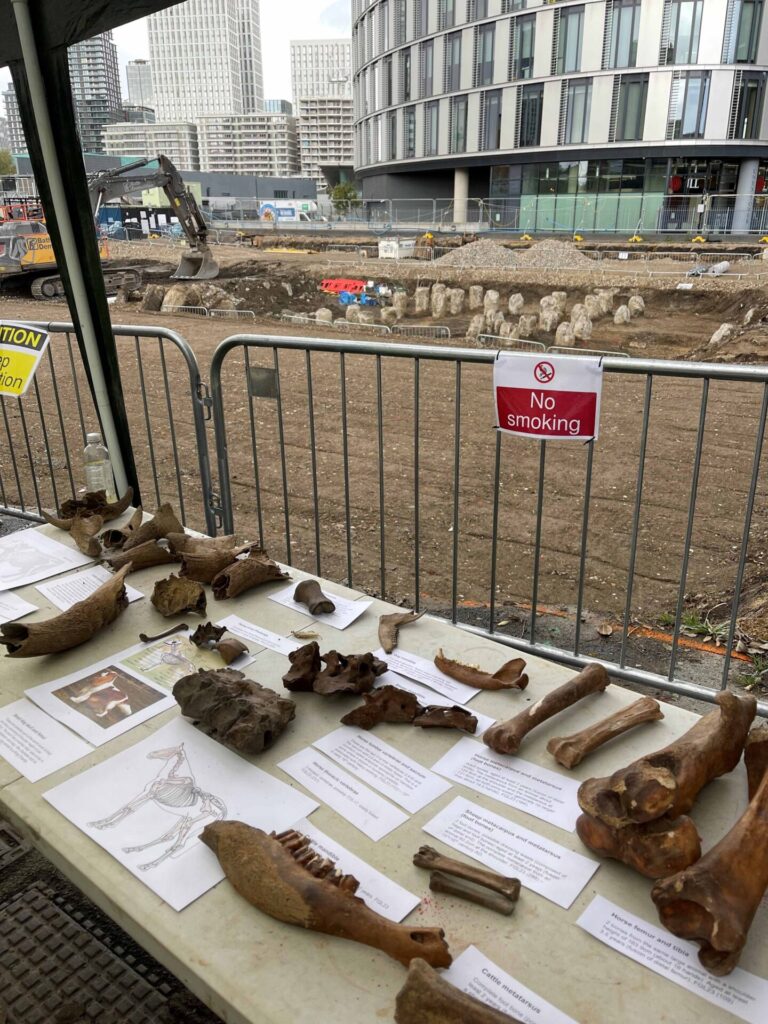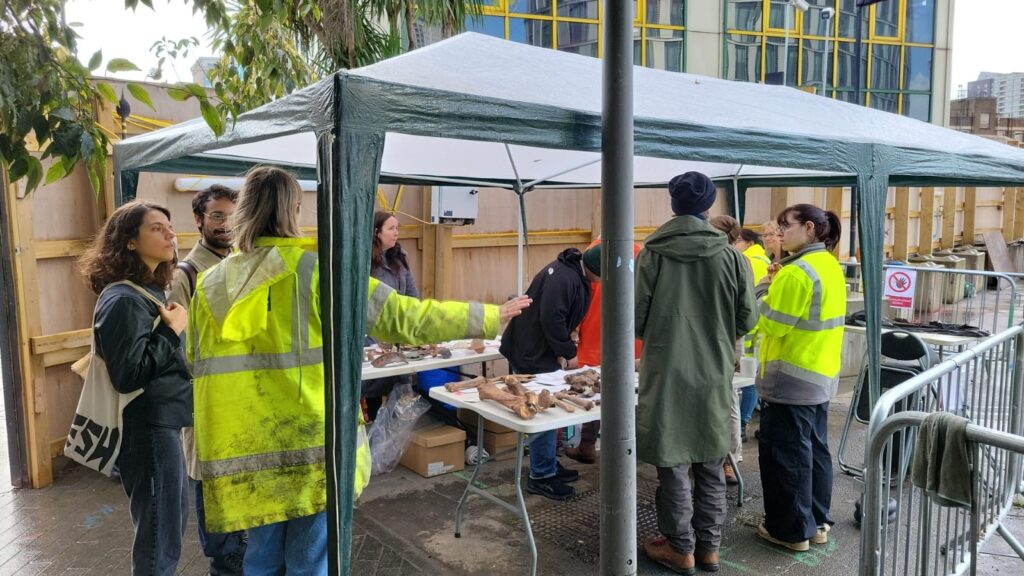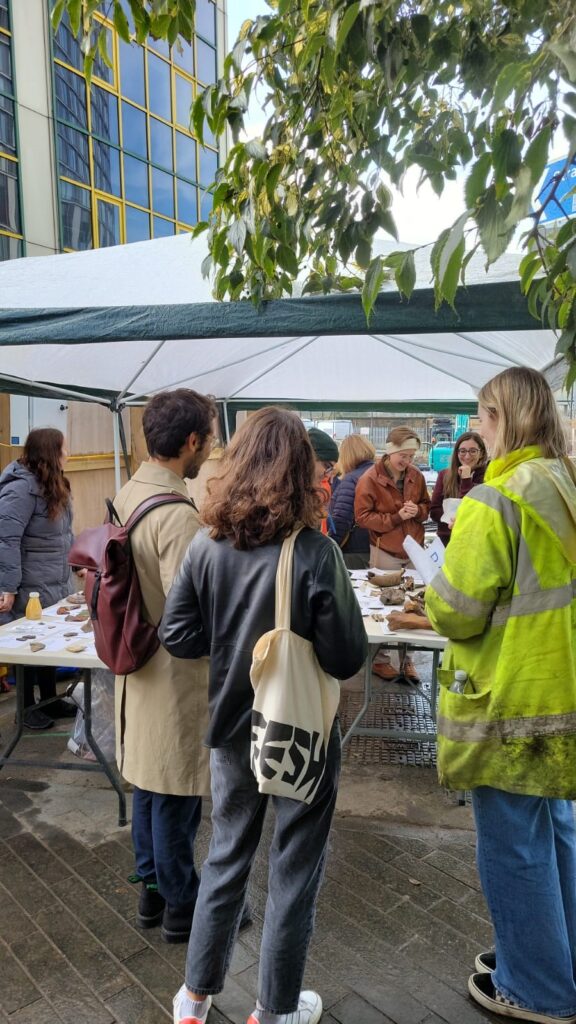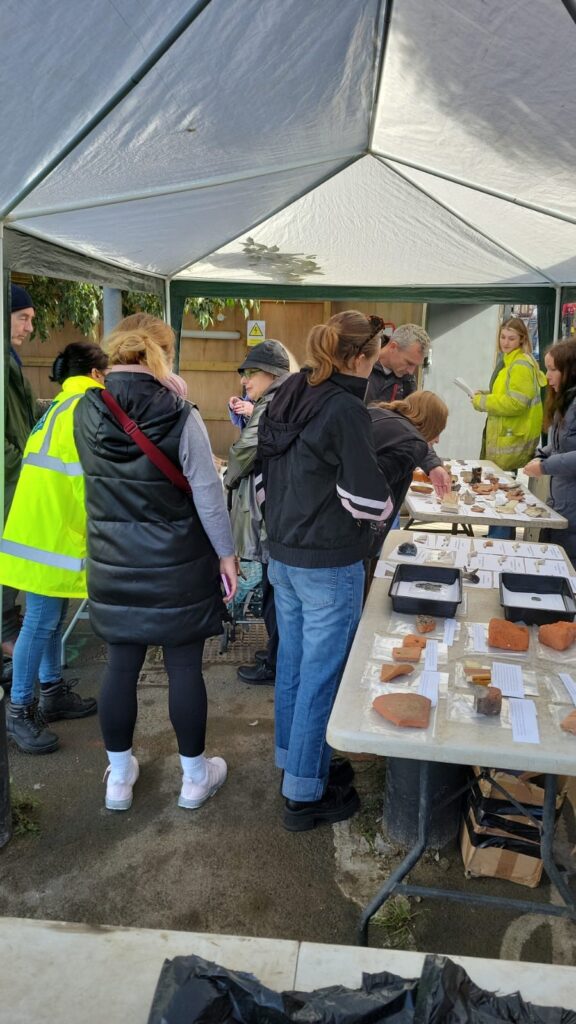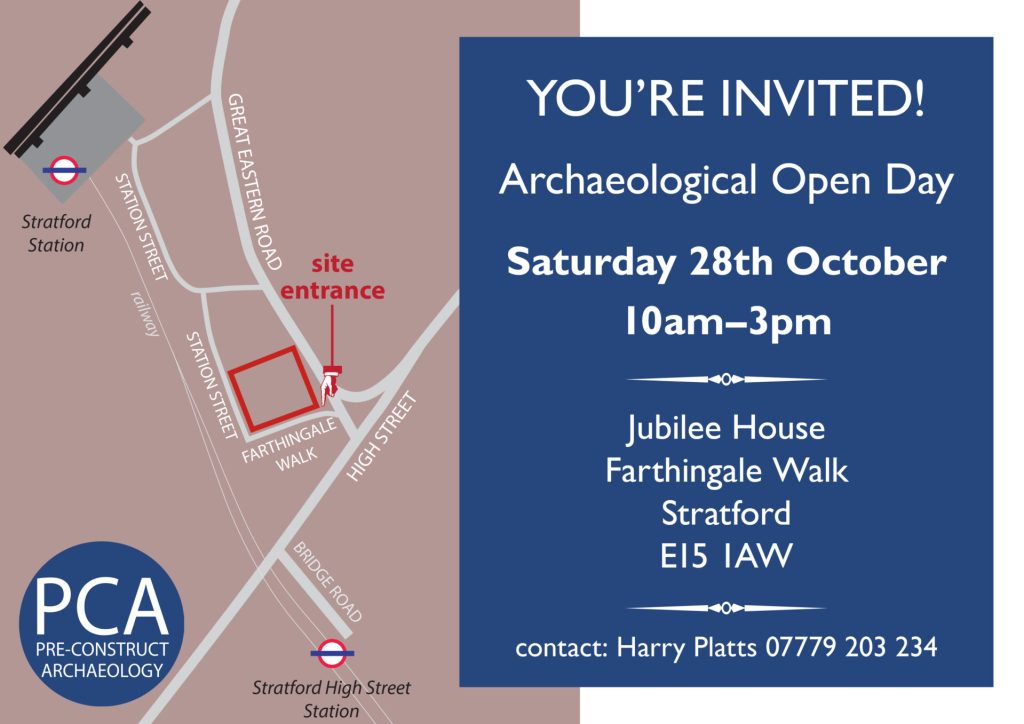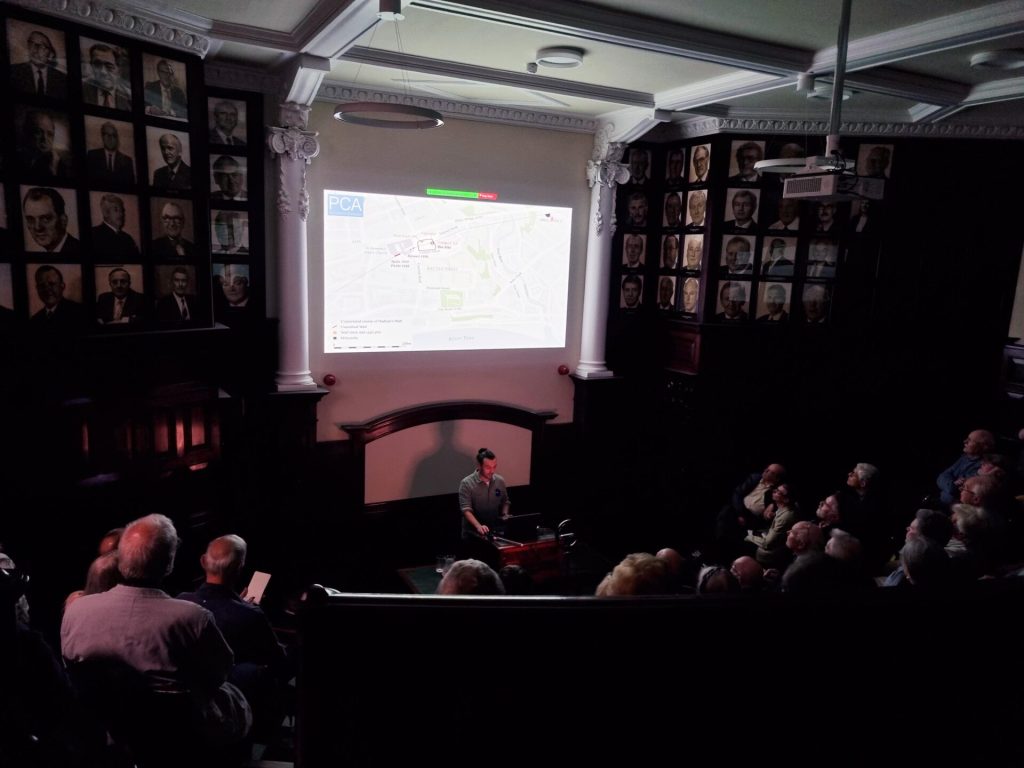
Sian O’Neill’s recent talk to a group of Reception and Year 1 kids was a big hit!



Sian came to visit us at Polebrook school as the ‘Fabulous Finish’ to our History learning. She was brilliant!
Sian was exciting, engaging and passionate about archaeology. The children loved finding out about Polebrook in the past and the powerpoint was full of great images that really helped them to understand the different stages in history. The children were delighted to touch and hold real life artifacts and order them- This was just magical to watch!
The whole session was perfectly aimed at KS1 children, and we just can’t thank Sian enough for the opportunity to learn from a real-life archaeologist. Thank you so much for taking the time to come and visit!
Jessica McIntosh, teacher




